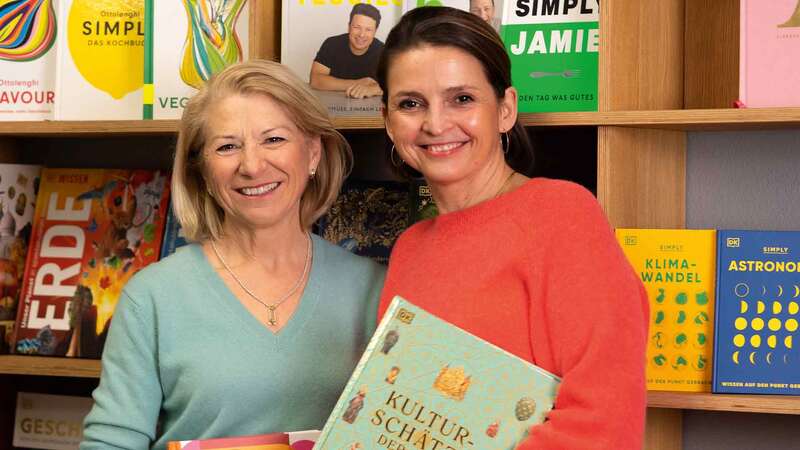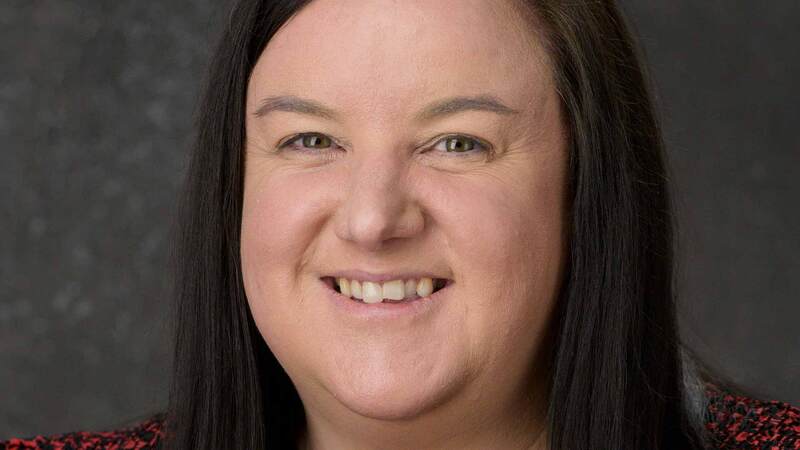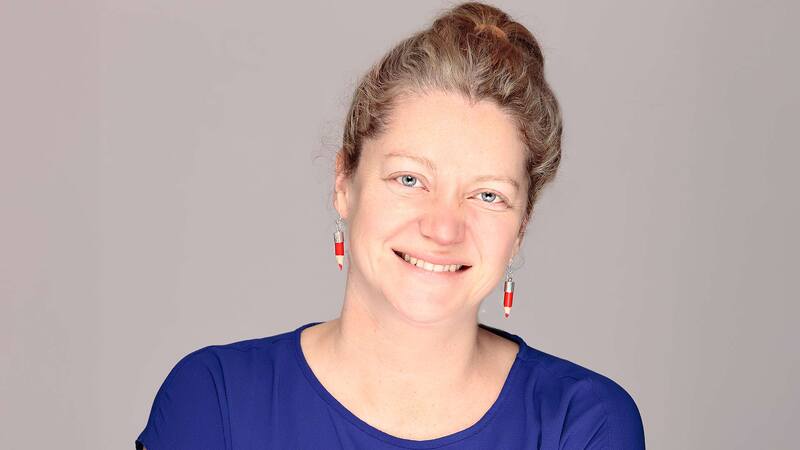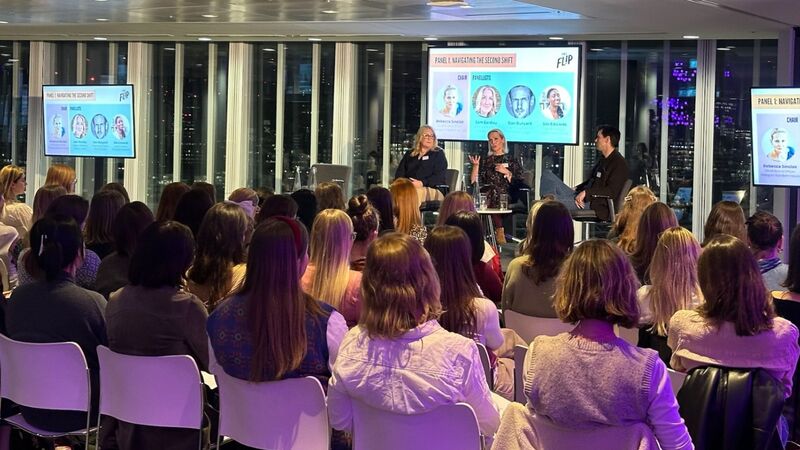You are viewing your 1 free article this month. Login to read more articles.
Pressure mounts on book review pages
This year’s haemorrhaging of literary journalists from the national newspapers has been described as “heartbreaking” for the book industry, and has renewed the spotlight on the long-running problem of dwindling review space.
Leading book publicists have spoken of their “shock” and “concern” over the recent loss of knowledgeable book journalists—including the Telegraph’s children’s specialist Lorna Bradbury and the Independent/Independent on Sunday’s Arifa Akbar and Katy Guest— following on the back of the closure of the Guardian’s children’s books site and the Guardian First Book Award.
Among other cutbacks, Rosemary Goring, literary editor across the Herald, Sunday Herald and The National in Scotland, is also no longer a permanent staffer, having moved to a freelance role despite still handling all books commissioning. Goring told The Bookseller the decision was “partly my own choice”, as she looked to focus on her own writing.
Katy MacMillan-Scott, account director for PR agency Four Colman Getty, called recent developments “a shock to all working in the literary world”.
She said: “On the surface, it feels like a time of unprecedented change for the industry, a sad loss of supportive, publishing-savvy literary contacts and trusted review opportunities.”
Alison Barrow, director of media relations at Transworld, said: “Print media is experiencing its biggest challenge yet. Competition for circulation and readership is fierce, with online channels for on-the- minute news, analysis and insight demanding attention and the marketing pounds. And yet strong review coverage in the traditional and respected press is still a key sales-driver for readers, greeted and respected by writers, publishers, agents and booksellers.”
Helen Richardson, Orion’s group publicity director, mourned the “undoubtedly diminished” review space, saying reviews have “a tangible effect on sales.” Literary editors were praised by Hannah Robinson, Quercus publicity director, who said: “Their remit goes beyond the printed page; they chair events, judge awards and are immersed in the book industry in a way that is invaluable.”
Meanwhile children’s author S F Said, who has launched a campaign for greater coverage of children’s books in the national press, described the cutbacks as “heartbreaking”.
Andrew Holgate, literary editor of the Sunday Times, said the latest developments were “worrying undoubtedly” and came on top of previous waves of cutbacks, such as the shrinking of books coverage in the Sunday Telegraph a couple of years ago. “It’s up to those of us left to fight even harder for the place of books within newspapers,” he said.
“For me, part of my job is about attracting readers to our pages and giving them interesting books to read about and interesting copy to read. The second part of the job is proselytising for books within the company. I’m lucky that both the editors that I’ve worked under—John Witherow and Martin Ivens—see the need for books pages and the importance of books.” He added: “I do think books need a degree of specialism. It’s very hard—we get 300 books coming in each week and you have to make decisions very quickly.”
Charlotte Heathcote, arts editor for the Daily Express and literary editor for its Sunday-published S magazine, said: “Newspapers are seeing cuts across the board, so it’s not books being singled out. The whole nature of journalism is changing. The great danger is that eventually there won’t be an influential platform in print media for books coverage, [in order] to get behind new books and give them the oxygen of coverage. That’s what we really care about.”
Holgate also said there was sometimes a “cyclical” element to books pages, pointing to the recent growth in the Times’ coverage under Robbie Millen. In Scotland, Goring pointed to books coverage in the 2014-launched Nationalist newspaper, and the strength of the 10-year-old Scottish Review of Books.
But another literary editor, who declined to be named, said their job was becoming “less rewarding” because of the need to work with reduced resources, meaning there was less opportunity to commission the most talented and experienced reviewers, with obvious consequences for the quality of reviews.
Barrow said that “most literary editors when asked” say reduced books coverage within their publications is related to book publishers spending less on advertising. However, she added: “At Transworld we have found that print advertising for the right books is really effective.”
In the weekend newspapers over 18th–19th June, there were seven book advertisements: five in the Telegraph, one in the Times and one in the Financial Times. However, other media advertisements were much more numerous: there were 15 for music, 14 for film, 18 for theatre and 12 for arts across the Guardian, FT, Times, Times Weekend, the Sunday Times Culture magazine, Daily Telegraph and Telegraph magazine, Sunday Telegraph, Mail on Sunday Event magazine and the Observer.
New review spaces
New outlets for reviews include The Pool, Buzzfeed, Mumsnet, and daily emails Emerald Street (which recently held its first literary festival) and Mr Hyde, which is aimed at male Londoners covering style, technology and entertainment. Magazines such as Stylist and Psychologies also continue to give strong support to books.
MacMillan-Scott said: “A raft of new opportunities have appeared. A few years ago, who would have recognised the impact of digital-only alternatives such as The Pool, Emerald Street and Mr Hyde, or the rise of the podcast and book vlogger? As the media landscape changes, publicists must find ways of being more creative, taking a 360-degree approach towards campaigns.”
Robinson also stressed the importance of social media to publicise authors, citing the example of model Poppy Delevingne who shared a photo of Sarah Knight’s book The Life Changing Magic of Not Giving a F**k which received over 20,000 likes on Instagram. “It’s about achieving a variety of coverage to reflect the wide variety of books we publish,” she said.
Barrow, who was in charge of publicising Paula Hawkins’ The Girl on the Train (Transworld), added: “A great campaign should target a combination of media, both traditional and online, as well as [going] direct to consumers.”
Joe Mackertich, editor for Mr Hyde, said: “Books are a massive part of what we do. Under my editorship they’ve become a mainstay of Mr Hyde’s content. We want to cut through all the nonsense and give people the type of book coverage they can genuinely get something out of.”
Anna Fielding, editor of Emerald Street, which runs a Reading Room that recommends titles twice a week, said: “I think we’re probably more eclectic than would traditionally be expected of a women’s title. However, our space is limited and our book selection isn’t as eclectic as my own reading taste. I still think we need spaces where you can discover writers who are outside of your general experience, where you can be surprised.”
Mumsnet runs author web-chats and sent out over 17,000 books to users, with its books content generating over 100,000 page views a month. Mumsnet c.e.o. Justine Roberts said “the roaring success of the Mumsnet Books” proves how keen their users’ interest is in titles. “Reading recommendations from a peer group are incredibly powerful, whether it’s for intricate literary novels or the best new picture books for toddlers,” she said.
7 views on reviews
“Competition for review coverage is ever-present. A books editor can be in receipt of over 200 new titles a week and often has space for just a handful of reviews. How can they possibly cut through all of that?”
- Alison Barrow, Transworld, director of media relations
“I think we have been through the worst and are finding interesting and unusual angles to promote books within the Scottish media.”
- Fiona Brownlee, Brownlee Donald Associates, director
“We have now lost three literary editors this year. They were all brilliant books champions, not just through the excellent review coverage they gave our books, but also through the author interviews and features they helped us set up.”
- Helen Richardson, Orion, group publicity director
“It has become more challenging to find space, particularly for fiction coverage outside of the ‘big name’ authors.”
- Hannah Robinson, Quercus, publicity director
“Losing the print edition of the Independent has been a blow as it reviewed and ran interviews with many of our authors.”
- Sarah Bennie, Ebury, publicity director
“It’s challenging, but the truth is that audiences are increasingly consuming literary content like their news—in brief and often in digital form.”
- Katy Macmillan-Scott, Four Colman Getty, account director
“We can see significant spikes in sales when a good and prominent review runs in the Times, Sunday Times, the Guardian, the Mail on Sunday or the Evening Standard. The power of a good review to drive sales is very much still alive.”
- Bethan Jones, Vintage, head of publicity














